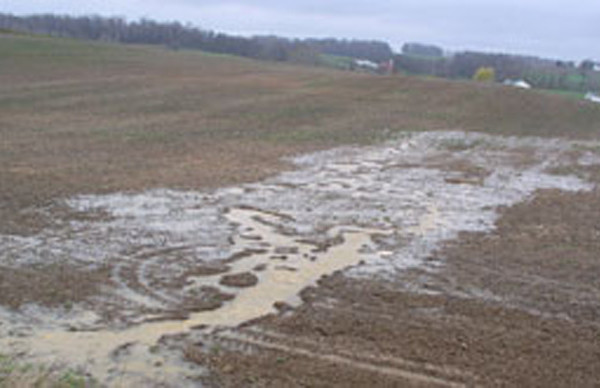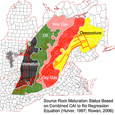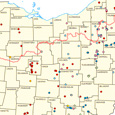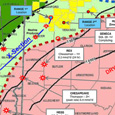Methane gas leaks a cause for concern with unconventional drilling
Monday, July 7, 2014

A research team from Cornell University conducted a study of wells in the Marcellus region of Pennsylvania. The team’s findings show that out of ten wells, four will likely contaminate either the earth or the atmosphere.
The culprit? The cement structures of the wells.
Once the wells are drilled and the steel casing is set, water and cement powder are combined and used to fill in the areas between the casing layers.
The problem lies in the water and cement powder mixture. If the blend isn’t perfect, there could be cracks, deterioration and a host of other problems. Methane gas leaks due to the failure of unconventional wells puts up a red flag, as groundwater could become contaminated. Climate change could also be an effect of the methane leaks.
Cornell Chronicle reports that in northeastern Pennsylvania, unconventional, or horizontally-drilled shale wells, are 2.7 times more likely than conventional, or traditional, gas wells to have problems with cement and casing.
From Cornell Chronicle:
“Both conventional and unconventional oil and gas wells are 8.5 times more likely to leak methane in northeastern Pennsylvania than throughout the rest of the state, according to the study.”
Via: Cornell Chronicle > Four out of 10 wells expected to fail in northeastern Pa.




